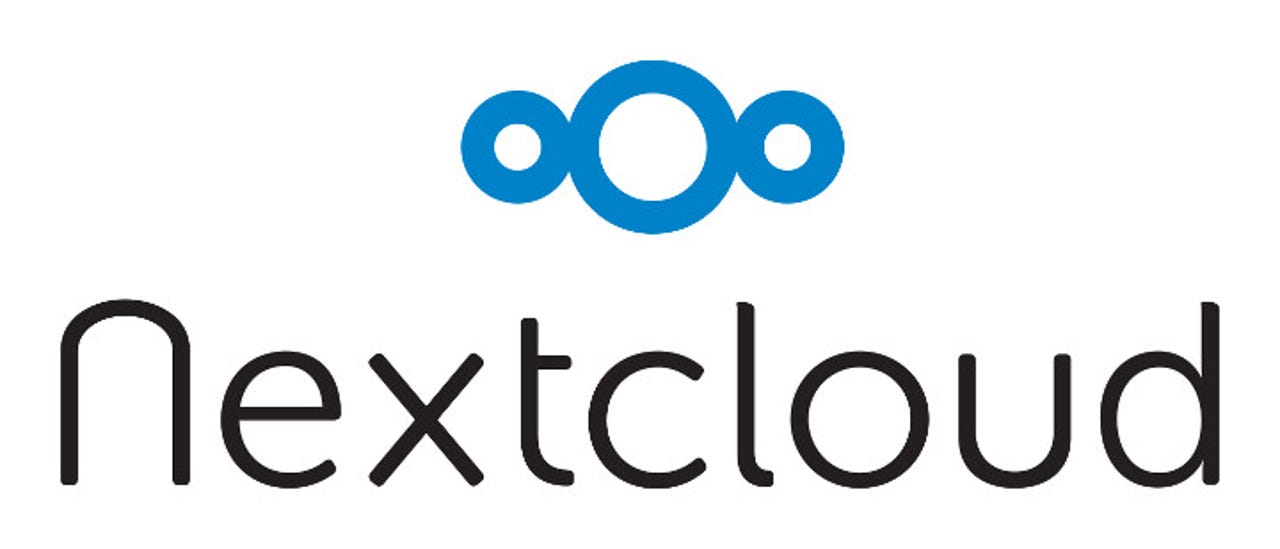Nextcloud adds security and scalability to its private cloud offering

Nextcloud, the ownCloud fork, is continuing to establish itself as a great private cloud.

Nextcloud has significantly improved its security and scalability
In the past, Nextcloud's target audience was individuals and small business owners who wanted an Infrastructure-as-a-Service (IaaS) cloud to call their own. In its latest update, Nextcloud 11, the company has added significant security and scalability improvements. These will make Nextcloud more attractive to enterprise customers.
What a hybrid cloud is in the 'multi-cloud era,' and why you may already have one
Its new security capabilities include:
- Support for cutting edge browser security features Content Security Policy (CSP) 3.0 and same-site cookies.
- Support for Kerberos authentication and two-factor authentication providers based on Universal 2nd Factor and Time-based One-Time Password.
- Expanded brute force protection to all API access points.
- More secure Federation integration through use of SSL/TLS. Access rights on app-specific login tokens.
- App store automatically checks apps and enforces signatures.
You don't have to take Nextcloud's word for these security upgrades. The NCC group, a global expert in cybersecurity and risk mitigation, has awarded Nextcloud 11 a security assurance statement.
With scalability a major concern for Nextcloud's large enterprise customers, this release decreases the database load and lowers resource usage up to 60 percent for common server operations. Multi-bucket Object Store support, improved handling of previews, and Collabora Online speed improvements also enable scaling to greater numbers of users while decreasing the server load.
Specifically, Nextcloud system managers should see up to 80 percent fewer database queries and 60 percent faster execution of change checks. This last operation had accounted for over 95 percent of the load on big installations. This should seriously improve Nextcloud's performance for both sysops and end-users.
Nextcloud 11 now includes search functionality as well. It does this by using Apache Solr powered full text search. This, by using the optional Nextant search application, enables users to find words or phrases in plain text, RTF, PDF, JPEG, TIFF, HTML, LibreOffice, and Microsoft Office files on internal, external, shared, and encrypted storage.
Finally, the latest version of Federated Cloud Sharing enables users to share files between Nextcloud servers. In Nextcloud 11 this can be done using an optional, global "address book" to search for other Nextcloud users. Users can share certain data like country of residence or social media accounts. Their friends or co-workers can then use these to make file sharing easier across Nextcloud clouds.
Want to try it for yourself? You can download and install Nextcloud 11 today.
Nextcloud needs a minimum of 128MBs of RAM, but the company recommend at least 512MBs. It will run on most Linux distributions, but for best performance, stability, support, and full functionality, Nextcloud recommends Red Hat Enterprise Linux (RHEL) 7.x or Ubuntu 16.04 LTS.
Personally, while I like public cloud services such as Google Drive and Dropbox, I also like to have complete control of my cloud storage. For that job, Nextcloud has become my cloud of choice.
Related Stories: